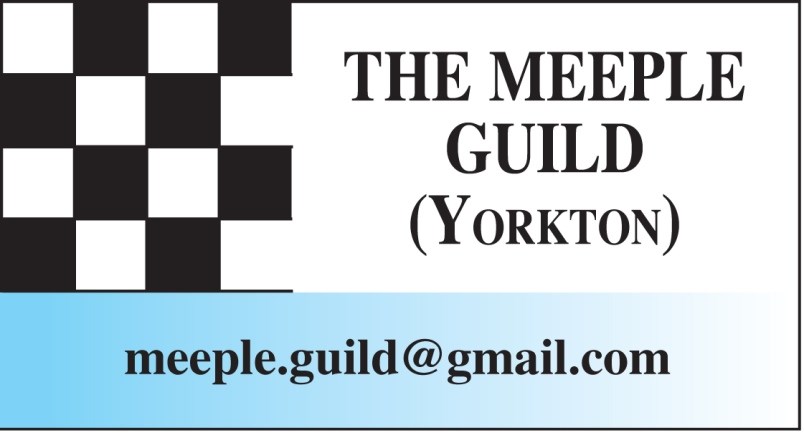It is always interesting to learn about another's interest in board games, and especially so when that person has taken a lead role in promoting the game, as is the case with Vlad Drkulec, President of the Chess Federation of Canada.
Drkulec was good enough to consent to answering a few questions for this humble column, starting with how he was initially introduced to chess himself?
"I learned chess from my father who was a doctor in Windsor," he explained. "He didn't study chess but he did have some aptitude for the game. I was eight when I first learned the full rules of the game as at first I thought the aim was to win all the pieces.
"I was interested enough in chess to try to join the high school chess team when I was 12 in Grade 9 though I was beaten out in the competition for a spot on the team by a girl who used the four move scholar's mate on me.
"The following year my uncles were visiting from Croatia and the Bobby Fischer vs. Boris Spassky match was going on and we were eagerly studying the course of each game in the Windsor Star every night. My uncles and father played a lot of chess and they also played with me. I read the Encyclopedia Britannica entry on the history of chess which described the various historical champions and their impact on chess and learned how Paul Morphy had developed each of his pieces rapidly and had devastated his competitors in Europe.
"I learned that the object of the opening was to get all of your pieces into the game and that was when I beat my father for the first time. It took a long time to beat him for the second time but in that period I became a chess player."
While we often have interests and passions in our youth, often following the lead of a parent, as we mature often we drift away from our early interests, so what is it about chess that has continued to interest and intrigue Drkulec?
"I have always loved the beautiful combinations that were possible if you were alert to the possibilities," he said. "Almost everyone who plays chess endures a love-hate relationship with the game.
"When you are on a winning streak, it feels very satisfying but often it is how you react when you are losing that determines your upper limit as a player.
"Around 2009, I was playing in a tournament in the Michigan Masters and Experts where I had played horribly. I had to win in the last round to avoid finishing in last place in the tournament. I developed an advantage, I won a pawn but my opponent still had some chances.
"At a certain point I traded a knight for my opponent's knight but my opponent played in a tricky way which seemed to tie my pieces up in knots.
"I was so immersed in that game that I did not see that as we were one of the last games -- like every round that tournament -- and a crowd was gathered and watching the game.
"I had a time advantage as I often do so I had time to think while my opponent was in a bit of time trouble.
"I had an amazing idea to untie the knot that my position seemed to be in. I had a knight, two rooks and a queen plus a number of pawns, a total of four major pieces along with four pawns on one side of the board and two on the other. I moved the knight to a square where it could be taken by his queen or knight or a pawn. At the same time he was attacking one rook with his queen and my queen with his queen and my other rook with his other rook. I had managed to put every one of my pieces en pris (free for the taking) though if he took the queen he would be checkmated by my rook and knight in what they call an Arabian pattern.
"If he took my rook then I could take his queen and I would be threatening checkmate in one move which he could not stop.
"If he took my other rook once again there was the Arabian mate pattern so finally he moved his queen away.
"People in the masters/experts section did a double take when I played my move and saw that I was losing every one of my pieces with one move but none could be taken.
"My opponent found the lesser evil and played the one line that did not allow checkmate and then I once again moved my queen to a square right next to his queen where all the threats of the previous move were renewed and still he could not take anything without immediately losing.
Finally he found the one line which minimized his losses and traded into a trivially losing rook endgame.
"My students related to me the reaction of the spectators to that spectacular finish and it was one of complete surprise.
"Anyway, after that game I came to the conclusion that no matter how bad I played, I would continue to play chess for the opportunity to once again play an amazing game like that."
For more on chess with Vlad Drkulec, President of the Chess Federation of Canada, see next week's Meeple Guild report.



